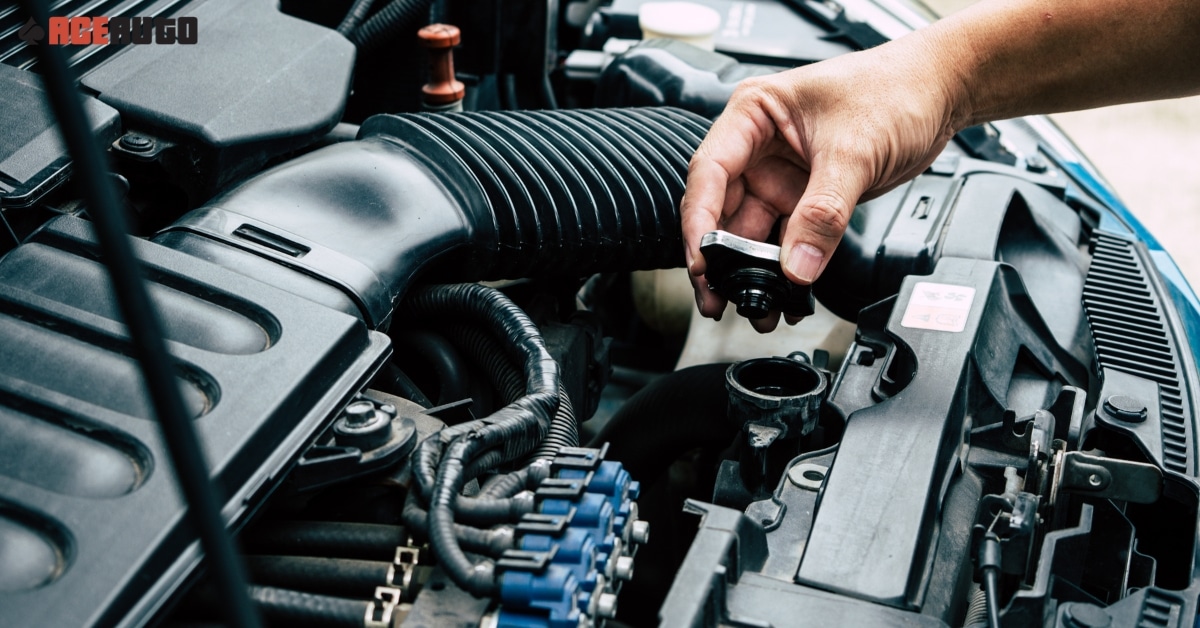
As we transition into another year of journeys and adventures, one maintenance task that should step into the limelight is a comprehensive radiator flush. Cleaning your vehicle's cooling system can be an effective way to enhance its performance and longevity. In this article, you'll learn the importance of radiator flushing and why Ace Auto Repair is your premier choice for this essential service in West Jordan, Utah.
The Role of a Radiator: Keep the Cool in Your Engine
The radiator plays a key role in your vehicle's cooling system. It helps regulate the engine temperature, ensuring your car runs smoothly and efficiently. Over time, the coolant in your radiator can become contaminated with rust, dirt, and other debris, which may compromise your radiator's performance.
Understanding Radiator Flushing
Radiator flushing, often referred to as a "radiator flush service," is a vehicle maintenance process that involves draining the radiator of the old coolant and refilling it with new coolant. This flushes out rust, dirt, and other contaminants that could clog the cooling system or lead to overheating.
Why a Radiator Flush is Essential to Your Vehicle's Health
Neglecting your radiator can lead to several issues, such as overheating, lower performance, and reduced fuel efficiency. Regular radiator flushing helps maintain your engine's optimal performance and extends the lifespan of your vehicle.
Experience Top Radiator Flushing Services at Ace Auto Repair
At Ace Auto Repair, we offer comprehensive radiator flush services designed to keep your vehicle cool and performing at its peak. Our certified technicians understand the nuances of different makes and models, ensuring your car receives the care it truly needs.
Ensure a Fresh Start with Ace Auto Repair
Make a fresh start this year with your car maintenance routine, beginning with a thorough radiator flush at Ace Auto Repair. Our top-notch radiator flushing service ensures your vehicle runs smoothly, efficiently, and reliably throughout the year.
Embrace the New Year with a Refreshed Radiator
Start the year fresh with Ace Auto Repair's top-notch radiator flushing service. If you're in or around West Jordan, Utah, schedule an appointment or get a repair quote from us today. Kick start your journey into the new year with a well-maintained, high-performing vehicle. Contact us today!
FAQs
What is a radiator flushing service?
A radiator flushing service is a maintenance task that involves removing the old engine coolant from your radiator, flushing out any rust or debris, and refilling it with fresh antifreeze to prevent it from freezing or coolant fluid. This process helps keep your cooling systems functioning optimally.
Why is it important to have my radiator flushed regularly?
Regular radiator flushing is crucial as it helps prevent the buildup of rust and other debris that can clog your radiator and cause it to malfunction. It also prevents premature corrosion and safeguards your engine from overheating.
How often should I get my radiator flushed?
The frequency of radiator flushing can depend on your vehicle's make and model, as well as your driving habits and conditions. However, a general rule of thumb is to have a radiator flush every 30,000 miles or every 2-3 years.
What are the signs that my radiator needs to be flushed?
Signs that your radiator needs flushing include overheating, discolored or cloudy coolant, a sweet smell emanating from the engine, and low coolant levels. If you notice any of these signs, it's wise to schedule a radiator repair or flushing service.
How long does a radiator flushing service take?
A radiator flushing service typically takes about an hour to two hours, depending on the condition of your vehicle's cooling systems.
Can I flush my radiator myself, or should I hire a professional?
Flushing a radiator involves handling toxic antifreeze and requires some specialized equipment. While some enthusiasts may opt to do it themselves, it's generally recommended to hire a professional to ensure it's done safely and effectively, such as at Firestone Complete Auto Care.
How much does a radiator flushing service cost?
The cost of a radiator flushing service can vary depending on the make and model of your vehicle and your location, but you can typically expect to pay anywhere from $50 to $150.
Are there any risks or potential damage associated with radiator flushing?
When performed correctly, radiator flushing doesn't pose any risks. However, if not done properly, it can introduce air into the cooling system, leading to overheating and potential engine damage.
Will a radiator flush improve the performance of my vehicle's heating system?
Yes, a radiator flush can improve the performance of your vehicle's heating system. The flush removes debris that can block your heater core, leading to improved heat output.
Does a radiator flush help prevent engine overheating?
Absolutely, by removing build-up that can block the flow of coolant, a radiator flush can help prevent your engine from overheating.
Are there any specific types of coolant or additives that should be used during a radiator flush?
The type of coolant used can depend on your vehicle's make and model. It's best to consult your vehicle's manual or a professional service provider like Firestone Complete Auto Care to determine the best coolant for your vehicle.
Can a radiator flush fix a leaking or damaged radiator?
While a radiator flush can remove blockages and improve the function of your radiator, it cannot fix a leak or damage. Leaks or damage typically require a radiator repair or replacement.
Is there anything I should do to prepare my vehicle for a radiator flush?
Before a radiator flush, ensure your vehicle is in good working order and check the coolant levels. If your vehicle has been running, allow it to cool down as the coolant can be very hot.
Will a radiator flush help prolong the lifespan of my radiator?
By removing rust and debris that can cause blockages and damage, a radiator flush can indeed extend the lifespan of your radiator and your entire cooling system.
How can I find a reputable and reliable radiator flushing service provider?
Look for a well-rated, professional service provider who specializes in cooling system repair, like Firestone Complete Auto Care. Ask for recommendations, check online reviews, and ensure they have experienced technicians who can provide high-quality services.
Facts about Radiator Flushing Service
- Flushing the radiator helps to remove built-up debris, rust, and other contaminants that can hinder the cooling system's performance.
- Regular radiator flushing can help prevent overheating and extend the lifespan of your vehicle's engine.
- It is recommended to have the radiator flushed every 30,000 to 60,000 miles or as specified by your vehicle manufacturer.
- Radiator flushing service is typically performed by trained technicians at auto repair shops or service centers.
- Radiator flushing service is a maintenance procedure that involves removing old coolant from the radiator and replacing it with fresh coolant.
- During the flushing process, the technician will drain the old coolant, flush the radiator with a cleaning solution, and then refill it with new coolant.
- Radiator flushing service can help improve the overall efficiency of your vehicle's cooling system, leading to better engine performance and fuel economy.
- It is important to choose a reputable and experienced auto repair shop for your radiator flushing service to ensure proper and thorough maintenance.
- Regular radiator flushing can also help prevent costly repairs down the line by keeping the cooling system in optimal condition.
- If you notice any signs of overheating, coolant leaks, or a decrease in engine performance, it is recommended to have your radiator inspected and flushed if necessary.
Let Ace Auto Repair be your partner in ensuring your vehicle's optimal performance.
Download PDF

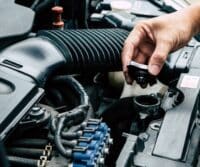

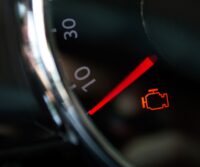
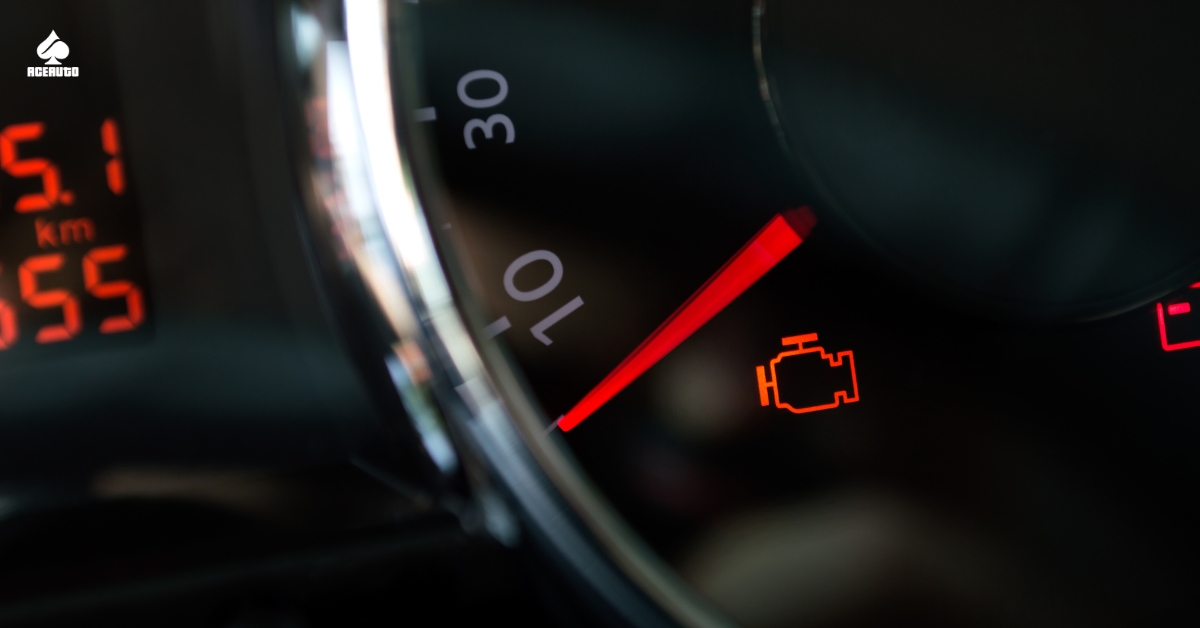

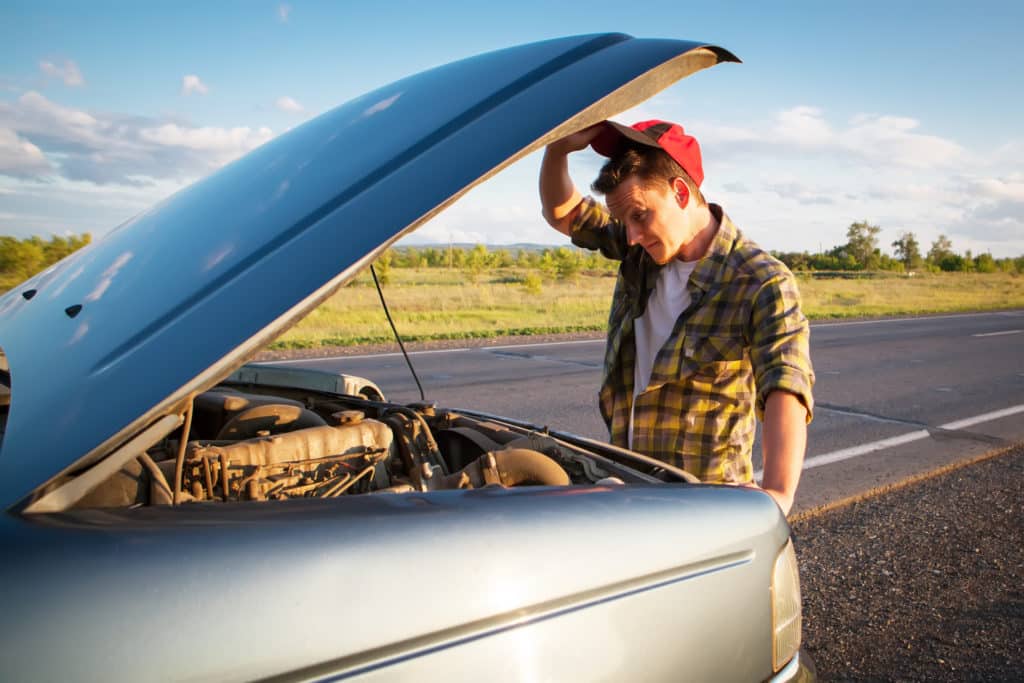
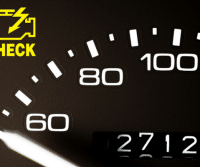
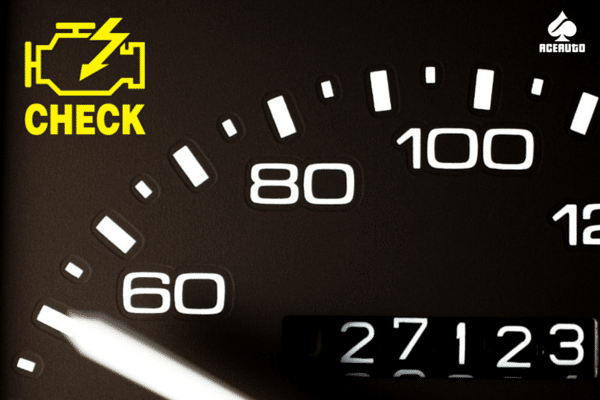

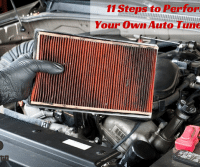
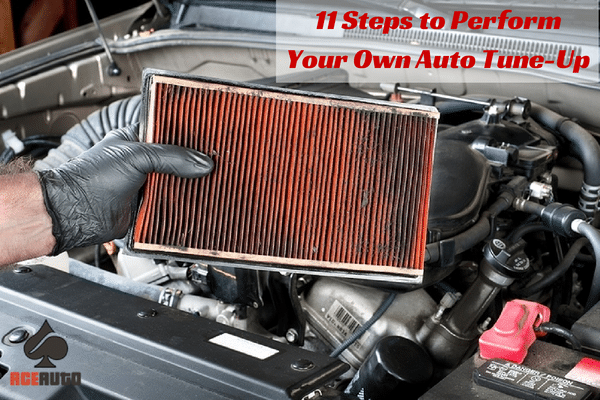
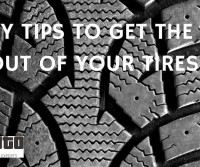
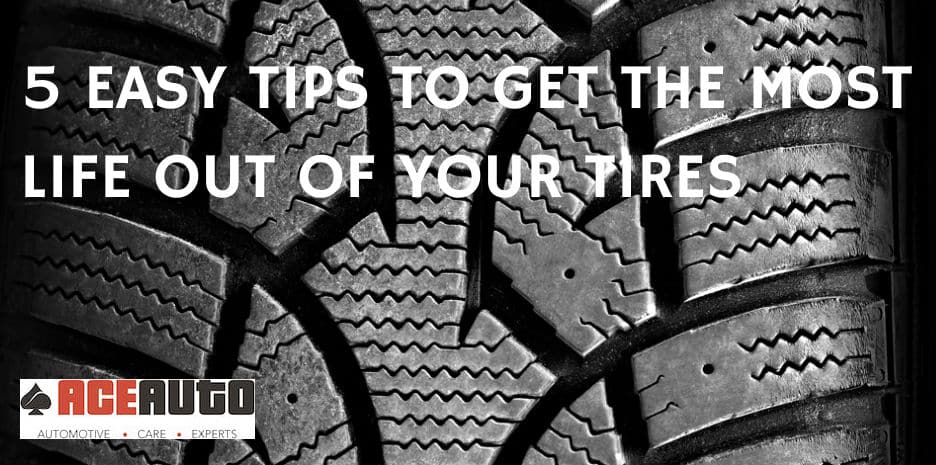
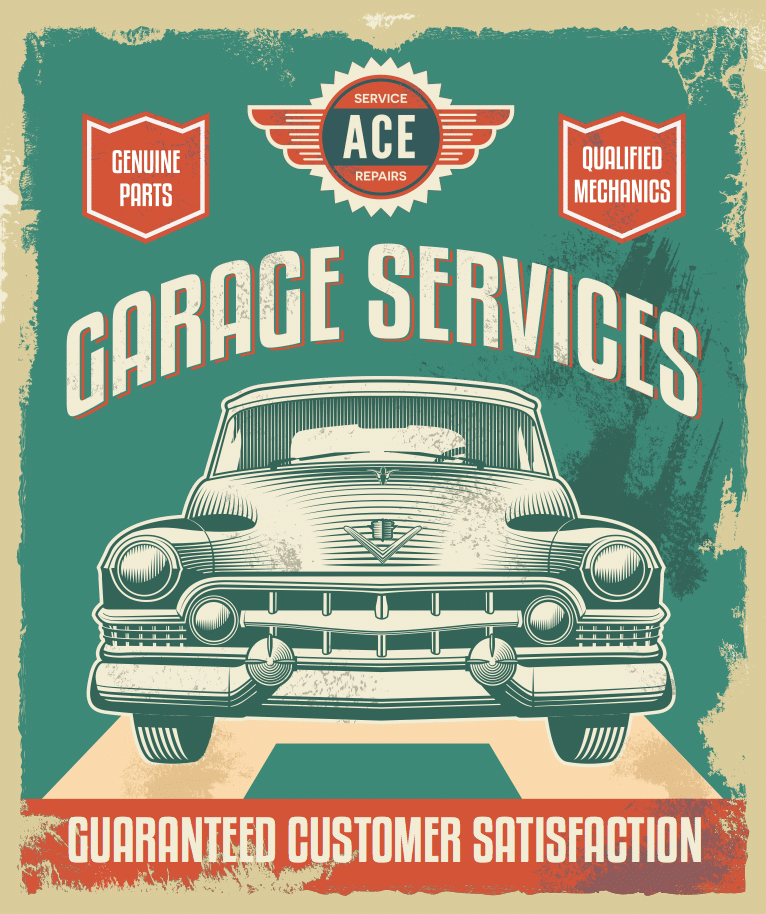

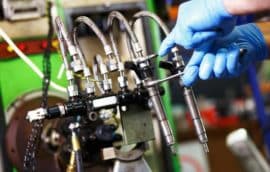
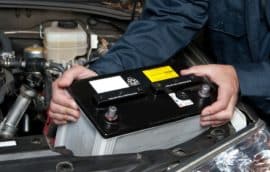
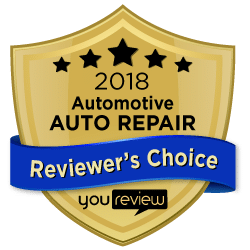
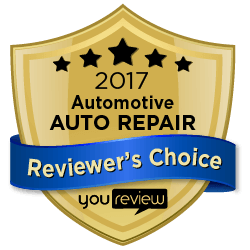 Ace Auto Repair
Ace Auto Repair
Recent Comments